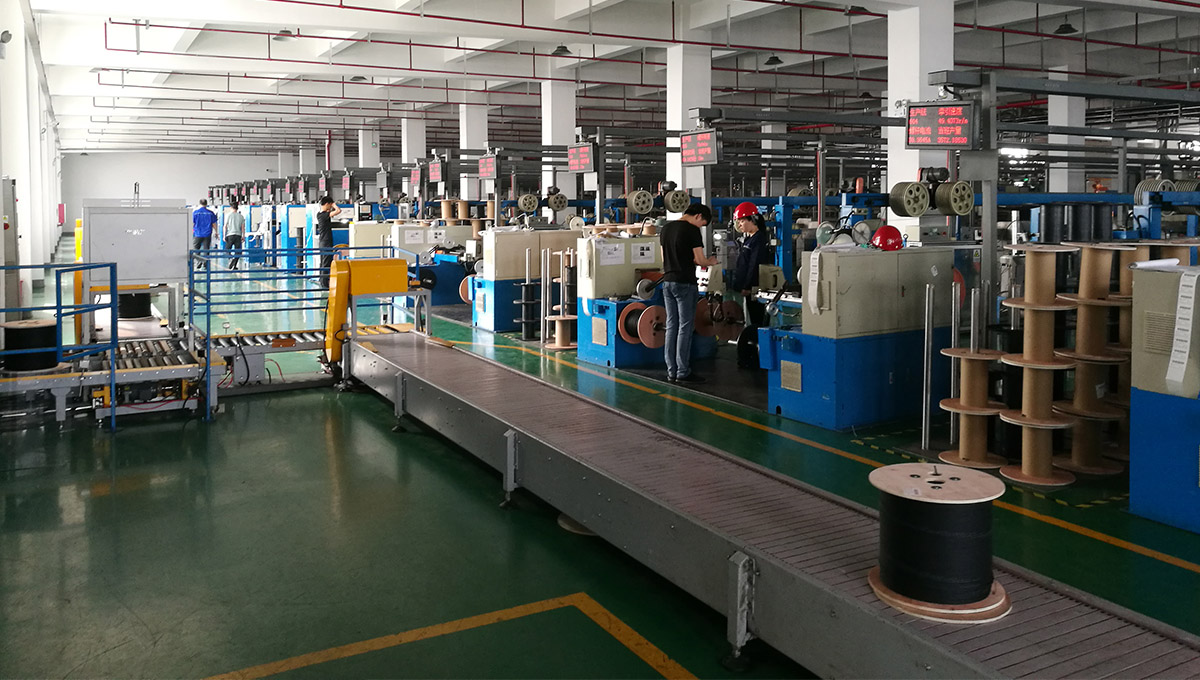As the demand for faster and more reliable data networks continues to grow, so does the need for high-performance fiber optic cables. One such solution is ADSS (All-Dielectric Self-Supporting) fiber, which offers numerous benefits for data network applications.
ADSS fiber is a type of cable that is specifically designed for aerial applications, making it ideal for use in outdoor environments. Unlike traditional fiber optic cables, ADSS fiber does not require a supporting structure such as a messenger wire, which makes it easier and more cost-effective to install.
In addition to its ease of installation, ADSS fiber offers several other benefits for high-performance data networks. Firstly, it has a high tensile strength, which makes it capable of withstanding high wind speeds and other extreme weather conditions. This means that it is more reliable than other types of cables in areas that are prone to storms or other natural disasters.
Secondly, ADSS fiber is resistant to electromagnetic interference (EMI) and radio-frequency interference (RFI), which can degrade the performance of other types of cables. This makes it ideal for use in areas with high levels of electrical activity, such as near power lines or industrial facilities.
Finally, ADSS fiber has a low attenuation rate, which means that it is able to transmit data over longer distances without the need for repeaters or amplifiers. This makes it ideal for use in long-distance data network applications, such as those found in telecommunications or data centers.
In summary, ADSS fiber offers numerous benefits for high-performance data networks, including ease of installation, resistance to extreme weather conditions and electromagnetic interference, and the ability to transmit data over long distances without the need for repeaters or amplifiers. As data network demands continue to grow, ADSS fiber is likely to become an increasingly important solution for meeting these needs.
Post time: Mar-15-2023
